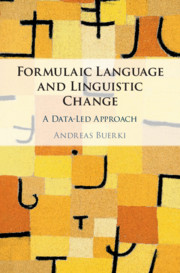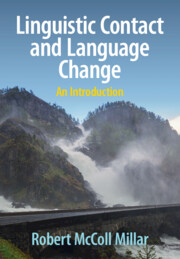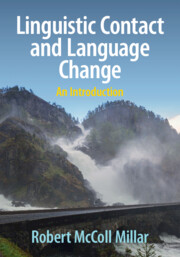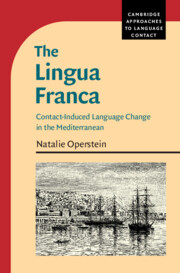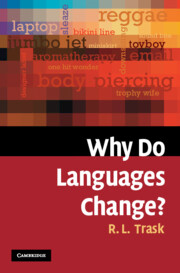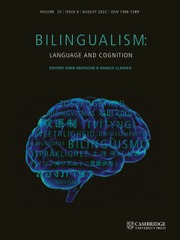Formulaic Language and Linguistic Change
A substantial proportion of our everyday language is 'formulaic', that is, it consists of oft-repeated chunks. From pause fillers such as you know, to phrases such as Many thanks!, Is this seat taken? or strong tea, they form a phenomenon central in language. This important new book investigates formulaic language from the point of view of language change. Employing a novel quantitative and data-led approach, it traces and analyses change in phraseology across 20th Century German as used in Switzerland. Drawing on nearly 20 million words of textual evidence, it shows that social and cultural change in the speech community is the predominant motivator of change, though other factors are also at play. The book demonstrates a close link between language change and the culture of the speech community, arguing that this has repercussions for the study of language in general, as well as the study of society and history.
- An up-to-date and comprehensive, yet accessible introduction to formulaic language and the corpus-based study of the subject
- Employs quantitative and computational approaches to the study of language and culture, formulaic language and language change
- Contributes to the fields of phraseology, historical linguistics and language in society, showing how these different sub-disciplines intersect to allow a fuller insight into how language works
Reviews & endorsements
'I anticipate this book will become an instant classic, often cited: for its remarkably comprehensive and innovative categorizations and definitions of the phenomenon, and for its presentation of a strong piece of research which employs clever methods and takes us a large step forward in knowledge. The literature review on formulaic language is a definite useful tool for anyone seeking to gain deep understanding of the phenomenon.' David Wood, Carleton University, Ottawa
'A rigorous, well-written and well-focused book clearly demonstrating how changes in formulaic language are linked to changes in the cultural context. Its new proposed methodology for the automatic extraction of formulaic expressions from a large body of data, as well as the wealth of useful references provided, will be immensely valuable to researchers and specialists, as well as students.' Maria Fernandez-Parra, Swansea University
Product details
May 2020Hardback
9781108477468
260 pages
235 × 156 × 18 mm
0.48kg
40 b/w illus. 28 tables
Available
Table of Contents
- Introduction
- 1. Formulaic language
- 2. Cultural context and diachrony
- 3. The data, the community and a data-led identification of MWEs
- 4. MWEs in written German
- 5. Culture as motivator of change
- 6. Cultural motivation in context
- Conclusions
- Appendix A. Filter entries
- Appendix B. Rater guidelines on semantic unity.

